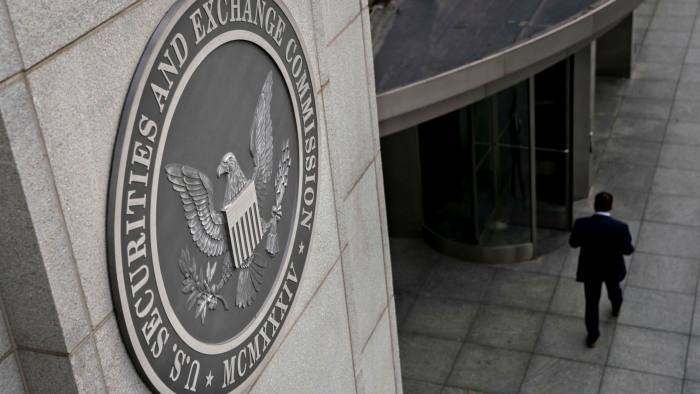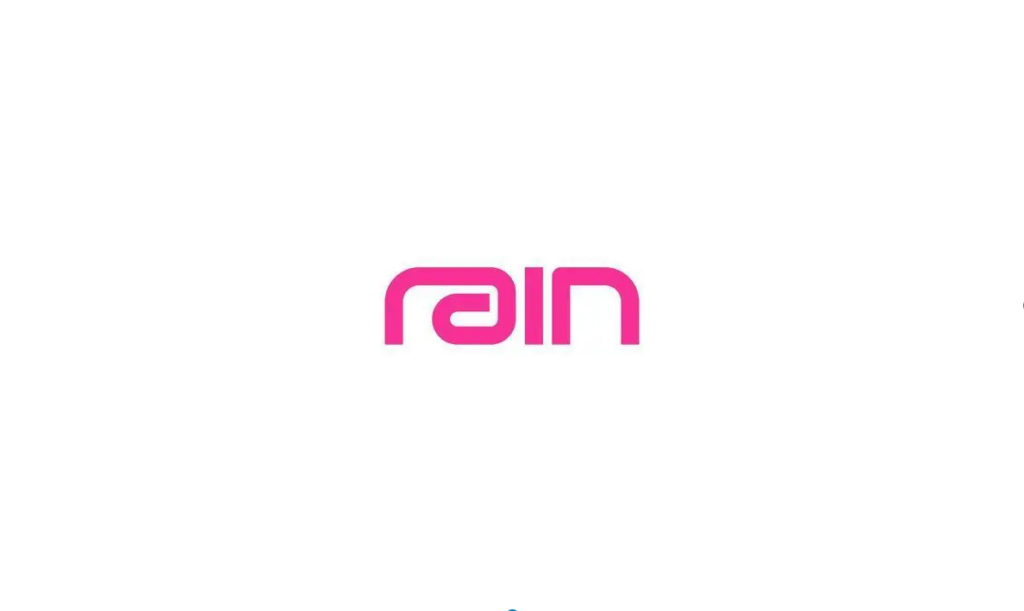The U.S. Securities and Exchange Commission (SEC) has taken significant steps regarding spot Bitcoin exchange-traded funds (ETFs) in filings submitted on September 28.
These filings set in motion proceedings that will help the SEC decide whether to approve or reject proposed rule changes, potentially allowing spot Bitcoin ETFs to trade on commodities exchanges.
In these filings, the SEC is seeking input from the public on various matters. The first section primarily asks for opinions on whether proposed spot Bitcoin ETFs are susceptible to fraud and manipulation or if they can effectively prevent such issues.
Another section asks for insights into Bitcoin’s characteristics, such as its decentralized trading activity, relatively slow transactions, and the amount of capital required for substantial participation on each trading platform.
The SEC is interested in whether these attributes inherently make the market resistant to manipulation.
Additionally, the SEC inquires whether a surveillance-sharing agreement with Coinbase would enhance fraud detection and prevention. Several pending ETFs have included this agreement with Coinbase as an amendment since mid-July.
Furthermore, the SEC wants to know if the Chicago Mercantile Exchange (CME) represents a sufficiently regulated market in comparison to spot Bitcoin.
It also seeks opinions on the correlation between Bitcoin spot markets and the CME Bitcoin futures market. The SEC’s previous approval of Bitcoin futures ETFs implies that such similarities could impact its decision on spot Bitcoin ETFs.
Several ETF proposals from various companies, including BlackRock (iShares), Valkyrie, and Invesco Galaxy, are affected by these SEC orders.
While the orders share many similarities, a more extensive order was issued for Bitwise, specifically designed for NYSE Arca listing, spanning a substantial 88 pages. Bitwise recently updated its filing with an additional 40 pages of material.
It’s essential to note that these filings do not explicitly delay the SEC’s decision on the applications, but the extensive information sought by the SEC could extend the proceedings.
If the SEC chooses not to delay its decision further, it may decide to reject the proposals. In such a scenario, applicants may reapply and restart the process.



